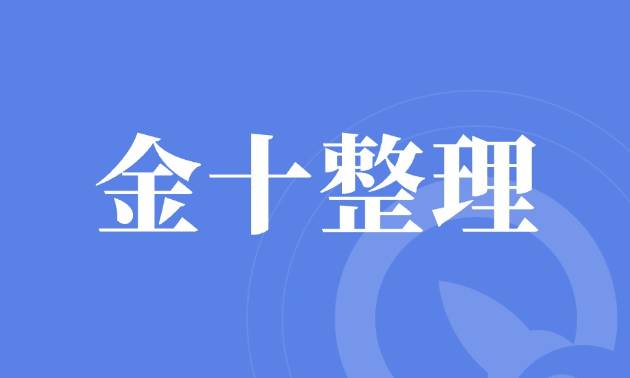The ECB held its seventh rate cut in a year on Thursday, hoping to boost the already troubled euro zone economy, which will be hit hard by U.S. tariffs. As price pressures subside after the pandemic, the ECB has been reducing borrowing costs, and recent trade-related turmoil in global markets has also added reasons for further easing policies. The ECB saidIncreased uncertainty may reduce confidence among households and businesses, and markets’ adverse and volatile responses to trade tensions may have austerity effects on the financing environment, which may further drag the economic outlook for the eurozone.
Full text of the policy statement
The ECB Management Committee today decided to lower the three key interest rates by 25 basis points. Among them, lowering the interest rate of the deposit mechanism - the main tool used by the Management Committee to guide the monetary policy stance - this decision is based on the latest assessment of the inflation prospects, core inflation trends, and the intensity of monetary policy transmission.
At present, the inflation decline process is generally smooth. The inflation trend basically meets the expectations of staff, and overall inflation and core inflation both declined in March. Inflation in the service industry has also slowed down significantly recently. Most core inflation indicators show that inflation is expected to stabilize near the 2% target set by the Management Committee in the medium term. The growth rate of wages is becoming moderate, and corporate profits have to a certain extent cushioned the pressure of high wages to boost inflation. Despite the constant global impact, the resilience of the eurozone economy has increased. However, growth prospects worsen as trade tensions escalate. Increasing uncertainty may hit household and business confidence, while negative and violent reactions to trade frictions in the market may lead to further tightening of the financing environment. These factors may continue to drag down the economic outlook of the eurozone.
The Management Committee firmly commits to ensure that inflation is sustainable and stable at the 2% target level in the medium term. Especially in the current context of extremely high uncertainty, the Management Committee will adhere to the decision-making method of relying on data and sequential meeting evaluation, and dynamically adjust its monetary policy stance. Specifically,Future interest rate decisions will comprehensively consider the inflation prospects, core inflation dynamics and monetary policy transmission under the background of the latest economic and financial data. The Management Committee will not promise specific interest rate paths in advance.
Key interest rate adjustments
The Management Committee decided to cut the three key interest rates by 25 basis points today. Starting from April 23, 2025, the deposit mechanism interest rate, main refinancing rate and marginal loan interest rate will be reduced to 2.25%, 2.40% and 2.65% respectively.
Asset Purchase Plan (APP) and Emergency Purchase Plan (PEPP)
The combination of APP and PEPP is shrinking at a controllable and predictable pace as the euro system has stopped reinvesting the principal of maturing bonds.
Other Instructions
The Management Committee is ready to flexibly adjust all policy tools within its responsibilities to ensure that medium-term inflation is stable at the 2% target and to ensure the normal operation of the monetary policy transmission mechanism. In addition, the Transmission Protection Instrument can also be used to deal with unreasonable and disorderly volatile behaviors in the market that may seriously threaten the transmission effect of monetary policy throughout the euro zone, thereby preventing the ECB from fulfilling its core mission of price stability.
















No comments yet